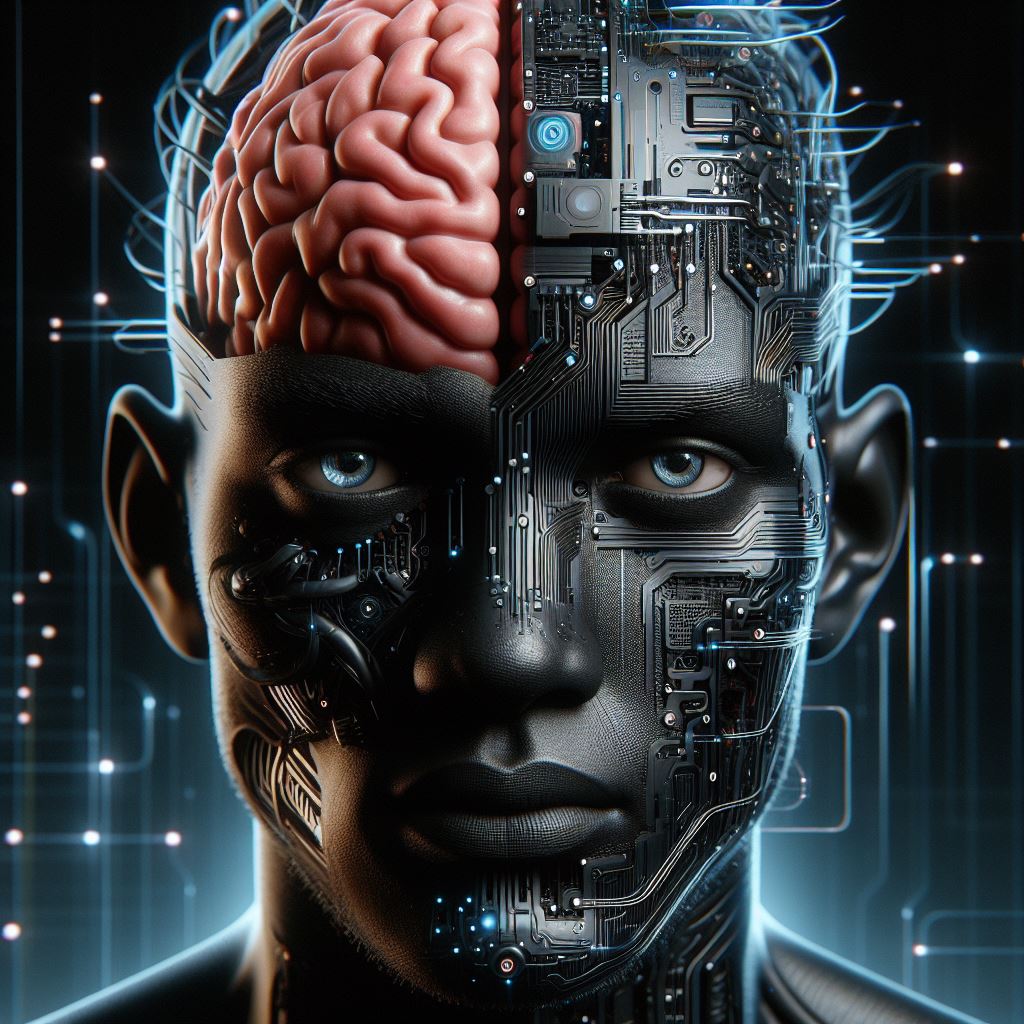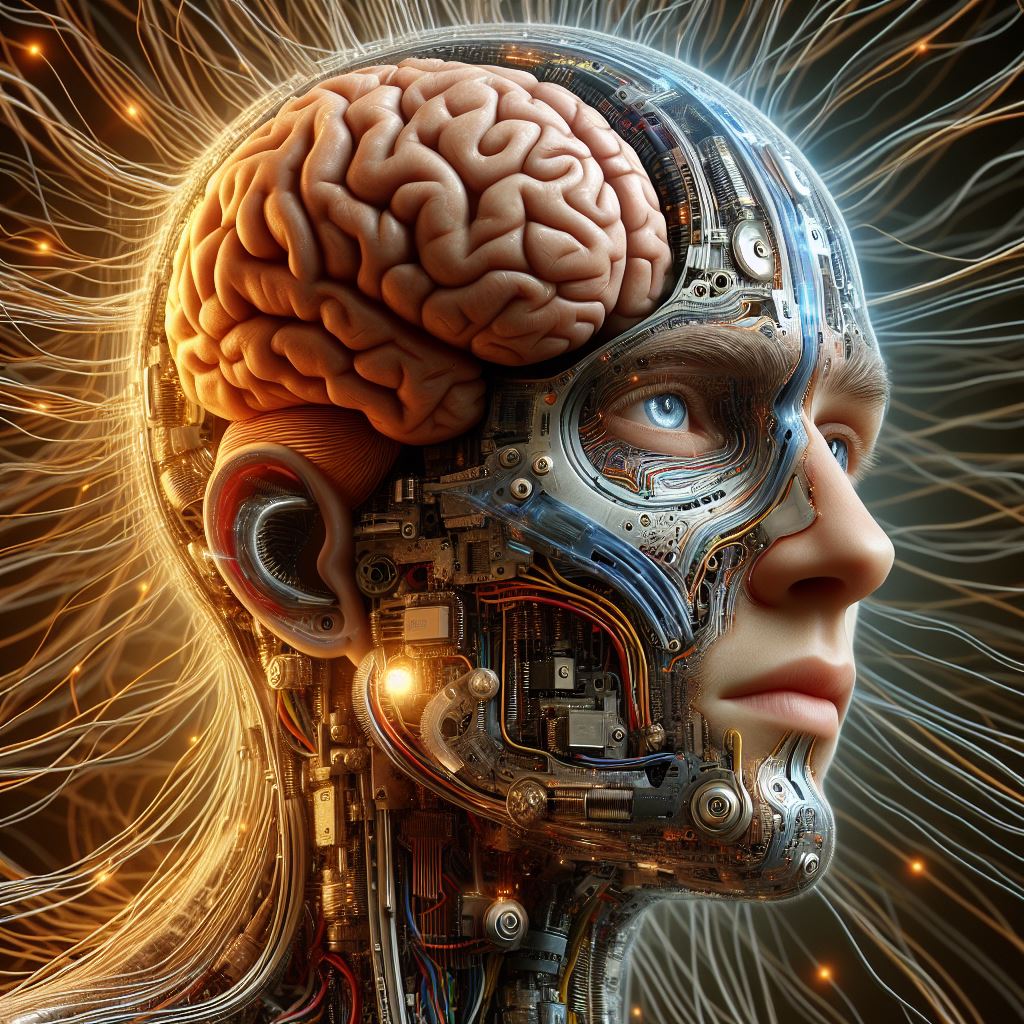The Father of Artificial Intelligence
When it comes to the world of artificial intelligence (AI), there is one name that stands above the rest – the “Father of Artificial Intelligence.” This visionary individual has shaped the field and paved the way for the incredible advancements we see today. Join me on a journey as we explore the life and contributions of the Father of Artificial Intelligence.

The Early Years
Our story begins with a brilliant mind named Alan Turing. Born in 1912 in London, Turing displayed exceptional intelligence from a young age. He had a natural aptitude for mathematics and logic, which would later become the foundation for his groundbreaking work in AI.
Turing’s fascination with machines and their potential to mimic human intelligence led him to propose the concept of a “universal machine” – what we now know as a computer. This concept laid the groundwork for the development of AI, as it demonstrated that machines could perform tasks that were previously thought to be the exclusive domain of human intellect.
Breaking the Enigma
During World War II, Turing’s brilliance was put to use in the field of cryptography. He played a pivotal role in cracking the Enigma code, a feat that significantly shortened the war and saved countless lives. Turing’s work on the Enigma machine showcased his ability to think outside the box and find innovative solutions to complex problems – a trait that would serve him well in the realm of AI.
The Turing Test
One of the most significant contributions of the Father of Artificial Intelligence is the Turing Test. In 1950, Turing proposed a test to determine whether a machine could exhibit intelligent behavior indistinguishable from that of a human. This test became the benchmark for evaluating the capabilities of AI systems and remains a fundamental concept in the field to this day.
Turing’s groundbreaking ideas and theories laid the foundation for the development of AI as we know it. His work sparked a wave of research and innovation, inspiring generations of scientists and engineers to push the boundaries of what is possible.
The Legacy Lives On
Although Turing’s life was tragically cut short in 1954, his legacy lives on in the world of AI. His pioneering ideas continue to shape the field, and his influence can be seen in the work of countless researchers and developers.
Today, AI is transforming industries and revolutionizing the way we live and work. From self-driving cars to virtual assistants, the impact of AI is undeniable. And it all began with the visionary thinking of the Father of Artificial Intelligence.
Looking to the Future
As we look to the future, the field of AI holds immense potential. With advancements in machine learning, deep learning, and neural networks, we are witnessing unprecedented progress. The Father of Artificial Intelligence laid the groundwork, but it is up to us to build upon his legacy and continue pushing the boundaries of what AI can achieve.

So, the next time you interact with a voice-activated device or witness a machine performing complex tasks, remember the Father of Artificial Intelligence. His contributions have shaped the world we live in and will continue to inspire future generations of AI pioneers.
In conclusion, the Father of Artificial Intelligence, Alan Turing, forever changed the course of technology and our understanding of what machines can accomplish. His brilliance, innovation, and unwavering curiosity have left an indelible mark on the field of AI. We owe a debt of gratitude to this visionary thinker, whose work continues to shape the world around us.
The Father of Artificial Intelligence
Remember Me? ChatGPT’s New Memory Feature Takes AI Conversations to the Next Level
Elon Musk’s Million Martian Migrants: Space Colonization Dream or Sci-Fi Fantasy?
